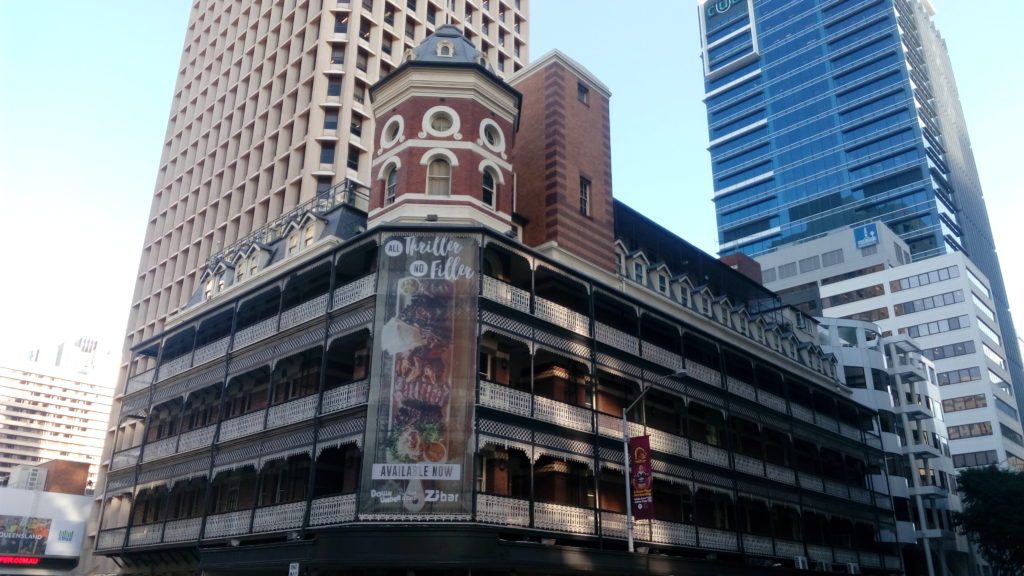In Hollywood, when anybody is pitching a project, they have to brace for the inevitable question from the bean counters: “Yes, but what’s it like?”
And by that they mean that they want to know that the “new” thing is reassuringly similar to a film or television show that was popular and made money. Now, it seems, that attitude is creeping into the way we view our cities — with negative consequences for residents and tourists alike.
I was disappointed to read that a forum in my hometown of Brisbane, which involved highflyers from the arts and tourism industries, heard that the city should aim to be like London and New York.
No it shouldn’t, because it could never be. And to market it that way would be a disaster that would disappoint and confuse a lot of people, and need a heck of a lot of undoing.
For starters, Brisbane doesn’t have the history of those great cities (and various governments and their developer pals over the years have made sure that most remnants of the past have been obliterated), nor the amenities. Brisbane has a small but often exciting performing arts scene, but its hardly a rival in terms of quantity and variety for the West End or Broadway.
Brisbane, like all cities, should aim for a unique identity that draws people to it on its own terms. Some of those things are mentioned in the story (which is worth reading beyond the headline). There’s the climate, the culture, the food, the people, the very fact that it is like nowhere else.
Certainly there is much to be proud of — including the burgeoning and exciting arts and cultural scene — but no tourist is going to think of Brisbane as an alternative to New York or London.
Not everything has to be like something else. Going back to the movies, Brisbane ought to aspire to be the small, quirky film that quadrupled its modest budget than the blockbuster sequel that barely broke even once its stars were paid and the marketing bill was settled.

